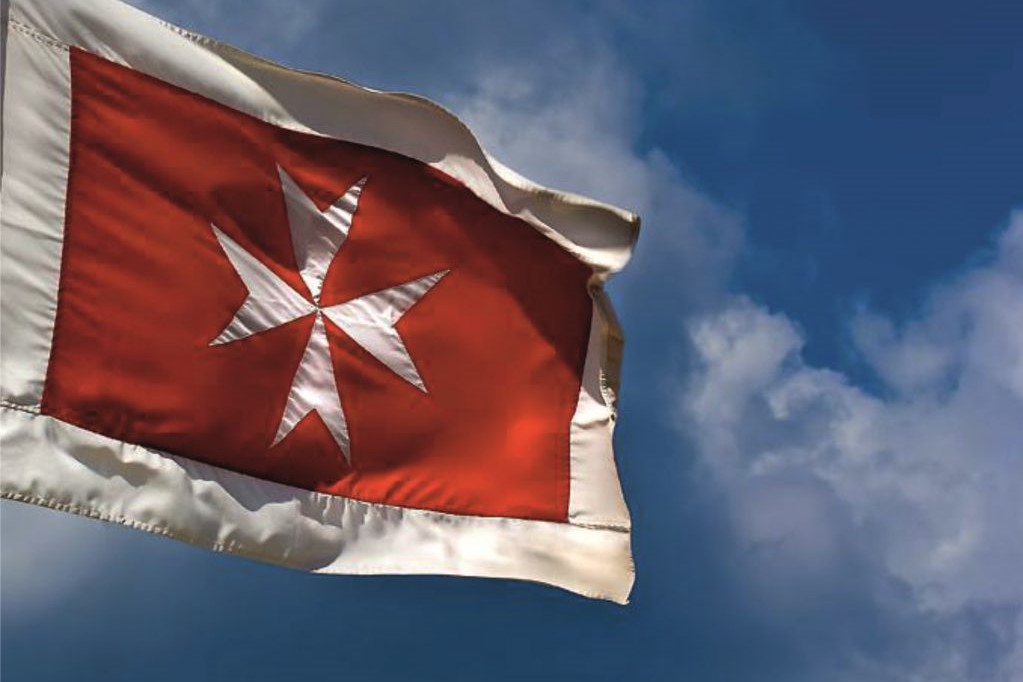In July 2021, in the midst of rife speculation about a possible election date, the Malta Maritime Forum (MMF) submitted a ‘Maritime-Centred Manifesto’ to the prime minister and the leader of the opposition.
The document contained 10 concrete suggestions aimed at consolidating Malta’s leading position in the shipping world. Key among these was a proposal for the detachment of maritime industry responsibilities from Transport Malta and the re-establishment of a National Maritime Authority.
This proposal stemmed from the forum’s conviction that, by moving up the value chain, Malta could realise untapped potential as a regional centre of maritime excellence beyond the flag state and the registration of vessels. Indeed, the flag is given very wide exposure in terms of Malta’s maritime successes but it is not the be-all and end-all and neither should it be regarded as so.
Malta offers excellent ancillary services in the area of ship repair, yachting centres, bunker operators, professional service providers, educational institutes and expert legal advisers in marine litigation, to name just a few. All these stakeholders represented by the MMF provide an excellent ecosystem that comes together in what the forum likes to refer to as ‘Maritime Malta’.
The forum believes that further success requires the support and direction of a single entity solely dedicated to the maritime industry and this position is based on the need for better:
specialisation;
• focus;
• urgency and improved reaction time;
• imparting the right message to the international market.
So, a single dedicated maritime authority is needed for ‘Maritime Malta’ to be marketed as a holistic product, as against the current situation where each market sector has to promote its own activities.
Besides, within the current set-up, there is limited time and structure for meaningful consultation between Transport Malta (TM) and the industry. The more numerous the levels of authority, the more difficult and complicated is the line of communication. The maritime industry cannot be regulated by an authority within an authority because it is dynamic and needs timely, proactive and immediate responsiveness.
With the amalgamation of a number of entities and departments into TM, the priority required by the industry on both the national and international levels has become diluted in other overall responsibilities covered by TM, including aviation and road transport; the latter alone includes vehicle registrations, drivers’ licences, VRT stations, the road network, traffic management, road safety, the bus service and all aspects of public transport, animals and animal drawn-vehicles.
MMF members have reported that, over the years, TM has developed from executing the role of an operator (say, of terminals, services) to performing the exclusive function of a regulator. This change in policy is correct, however, TM has become too detached from the maritime industry because it has relegated itself to an interpreter of laws and regulations.
The proposed Maritime Authority should retain the role of regulator but assume the equally important roles of enabler/facilitator, which would entail:
• engaging with the industry – independently of the pertinent ministry but as an industry player;
• facilitating industry initiatives.
From the MMF’s perspective, the country was ahead of time and competition when it established a Malta Maritime Authority in 1991. This provided Malta a competitive edge that has been lost since other important maritime jurisdictions such as the UK, Greece and Cyprus caught up and established their own specialised authorities, which they have retained till the present day.
Nowadays, in fact, some maritime countries like Malta have gone as far as privatising their maritime authorities to ensure that they are in complete sync with the private sector.
A cursory analysis of the top 10 flags of registration (of which Malta is the seventh) shows that these are invariably administered either by a dedicated maritime authority (like Panama, Singapore, Bahamas) or even by a private commercial company (Liberia, Marshall Islands). Even Hong Kong has a dedicated marine department.
Coming closer to Malta, Cyprus has a dedicated shipping deputy minister. This goes to prove beyond any doubt that for the maritime industry to grow and flourish it needs a focused and dedicated maritime authority completely synchronised with the private sector, which is the mainstay of the Maltese maritime industry. Malta need not go as far as the advanced models described. The MMF was encouraged by the words of the former minister responsible for transport, Ian Borg, when he announced, in October 2021, that the cabinet had given the green light for TM to be divided into separate entities for road transport, aviation and maritime affairs.
Indeed, the execution of such a milestone announcement would now come to reflect the notion that the maritime industry merits a high position in terms of policymaking in the country, bringing it in line with the importance given to other key economic pillars of the country, such as tourism, manufacturing, financial services, gaming, ICT and several others.
Consequently, ahead of a consultation meeting being called by the authorities in late November, the MMF, as the prime interlocutor for the maritime industry, urges the government to proceed with the demerger of TM as demanded by the industry and as soon as practically possible.
As stated, the re-establishment of a National Maritime Authority would uphold the country’s aspirations to be a regional and global centre of excellence for maritime affairs and would further contribute to increase the industry’s vast economic contribution while consolidating its systemic importance to the Maltese islands.
Godwin Xerri and Kevin J. Borg are the vice-chairman and CEO respectively of the Malta Maritime Forum.
The article appeared on the Times of Malta, 22 November 2022






